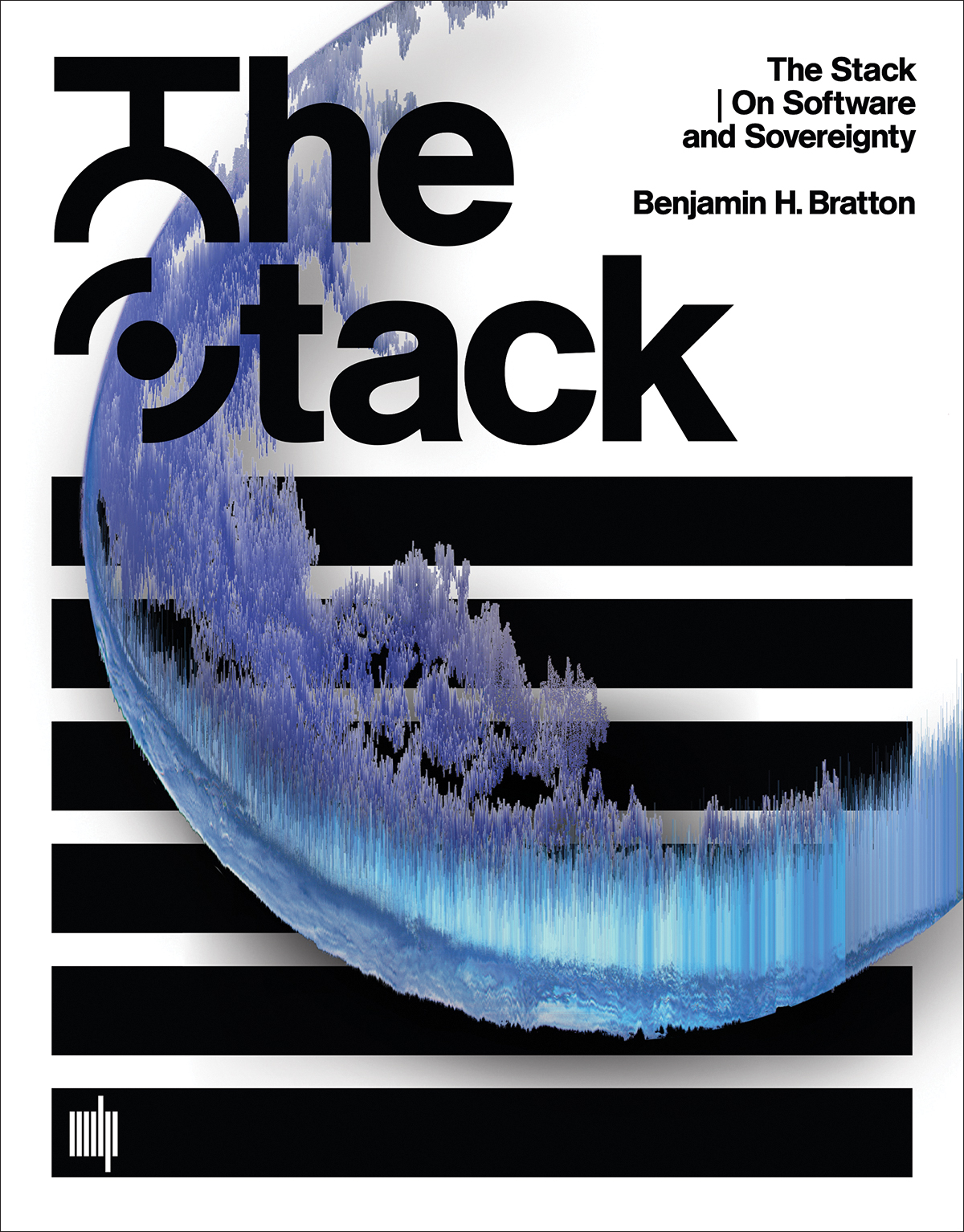Culture Machine, 18: The Nature of Data Centers (2019)
Filed under journal | Tags: · cloud computing, data, infrastructure, internet, media, media infrastructure, storage, technology

“This special issue of Culture Machine brings together scholars from a broad range of disciplines such as anthropology, architecture, media and communication studies, and fine arts, who have engaged with data and cloud infrastructures in their academic or artistic work. Taking data centers as technological apparatus as a starting point, this issue aims to discuss the cloud’s philosophical, political, social, and environmental impacts and maps the diverse sociotechnical assemblages which emerge in the course of cloud infrastructuring processes. How do the infrastructures of the cloud integrate into local political contexts and industrial landscapes? How do the cloud’s technologies relate to the emergence of specific forms of subjectivity, sociality, and urbanity? How can the barely visible and secret industrial spaces of the cloud be made visible and opened up for public engagement? And what does the study of data centers tell us about our current social moment?”
Contributions by Adam Fish and Bradley L. Garrett, Alix Johnson, Anthony M Levenda and Dillon Mahmoudi, Vicki Mayer, Matt Parker, Anne Pasek, A.R.E Taylor, Julia Velkova, Asta Vonderau, Sean RM Willett.
Edited by Mél Hogan and Asta Vonderau
Publisher Open Humanities Press, March 2019
Open access
HTML, PDFs (updated on 2019-7-8)
Comment (0)Benjamin H. Bratton: The Stack: On Software and Sovereignty (2016)
Filed under book | Tags: · architecture, automation, city, cloud computing, computation, earth, geopolitics, infrastructure, interface, internet of things, software, software studies, technology, theory

“What has planetary-scale computation done to our geopolitical realities? It takes different forms at different scales—from energy and mineral sourcing and subterranean cloud infrastructure to urban software and massive universal addressing systems; from interfaces drawn by the augmentation of the hand and eye to users identified by self—quantification and the arrival of legions of sensors, algorithms, and robots. Together, how do these distort and deform modern political geographies and produce new territories in their own image?
In The Stack, Benjamin Bratton proposes that these different genres of computation—smart grids, cloud platforms, mobile apps, smart cities, the Internet of Things, automation—can be seen not as so many species evolving on their own, but as forming a coherent whole: an accidental megastructure called The Stack that is both a computational apparatus and a new governing architecture. We are inside The Stack and it is inside of us.
In an account that is both theoretical and technical, drawing on political philosophy, architectural theory, and software studies, Bratton explores six layers of The Stack: Earth, Cloud, City, Address, Interface, User. Each is mapped on its own terms and understood as a component within the larger whole built from hard and soft systems intermingling—not only computational forms but also social, human, and physical forces. This model, informed by the logic of the multilayered structure of protocol “stacks,” in which network technologies operate within a modular and vertical order, offers a comprehensive image of our emerging infrastructure and a platform for its ongoing reinvention.
The Stack is an interdisciplinary design brief for a new geopolitics that works with and for planetary-scale computation. Interweaving the continental, urban, and perceptual scales, it shows how we can better build, dwell within, communicate with, and govern our worlds.”
Publisher MIT Press, 2016
Software Studies series
ISBN 9780262029575, 026202957X
xx+502 pages
Reviews: Mercedes Bunz (Media Culture Society, 2016), Roger Whitson (2016), Marc Tuters (Computational Culture, 2017).
Commentary: McKenzie Wark (Public Seminar, 2016), Lukáš Likavčan (Hong Kong Review of Books, 2017; Artalk, CZ).
Boris Groys: Google: Words Beyond Grammar (2011)
Filed under pamphlet | Tags: · cloud computing, google, language, philosophy, search

In times when the exchange with the world largely takes place on the Internet, the search engine Google primarily regulates the parameters and formats of this conversation. For the philosopher and media theoretician Boris Groys, Google thus takes on the traditional role of philosophy and religion. Philosophical precursors for the dissolution of different kinds of discourses, the emancipation of words from grammar and accordingly their equalizing, as Google produces it, span from Plato to Saussure’s structuralism to Derrida’s deconstruction. Another analogy is the twentieth-century avant-garde’s production of word clouds that are freed from their context, in particular the Conceptual art of the 1960s and ’70s. As a result of the radical freeing of words, Groys names “the struggle for a utopian ideal of the free flow of information—the free migration of liberated words through the totality of social space.”
Publisher Hatje Cantz, December 2011
Series: dOCUMENTA (13): 100 Notizen – 100 Gedanken No. 046
English/German edition
ISBN 3775728953, 9783775728959
36 pages
publisher
publisher
google books
PDF (English only, 17 pages, updated on 2012-11-7)
Comment (1)
